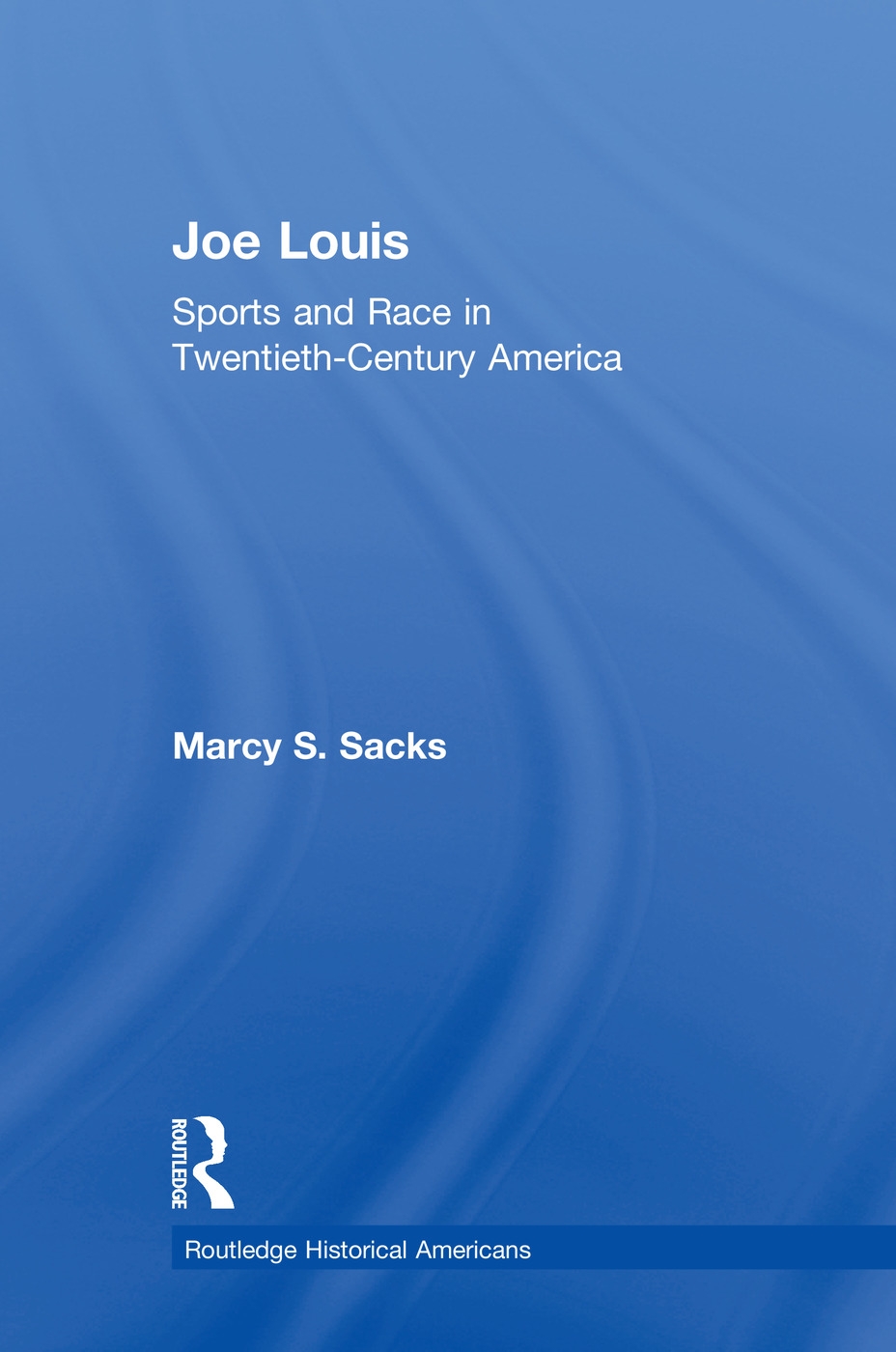As soon as heavyweight boxer Joe Louis became a public figure in the 1930s, journalists and other social commentators began speculating about the significance of an African American man garnering popularity in a racially segregated society. Both during his lifetime and afterward, Louis’ noteriety extended beyond the world of sports to American popular culture. Many falsely heralded the boxer’s popularity as a sign that American racism was in sharp decline, Louis’ heroic status, however, did not fully reflect the complicated racial dynamics either within the sports world or in America, in general.
In Joe Louis: Sports and Race in the Twentieth Century, Marcy Sacks gives an account of the life of a man famous both for his sports career and for his race. With excerpts from newspaper clippings, radio broadcasts, poetry, and interviews, Sacks contextualizes Louis’ life and the legacy he left behind.












